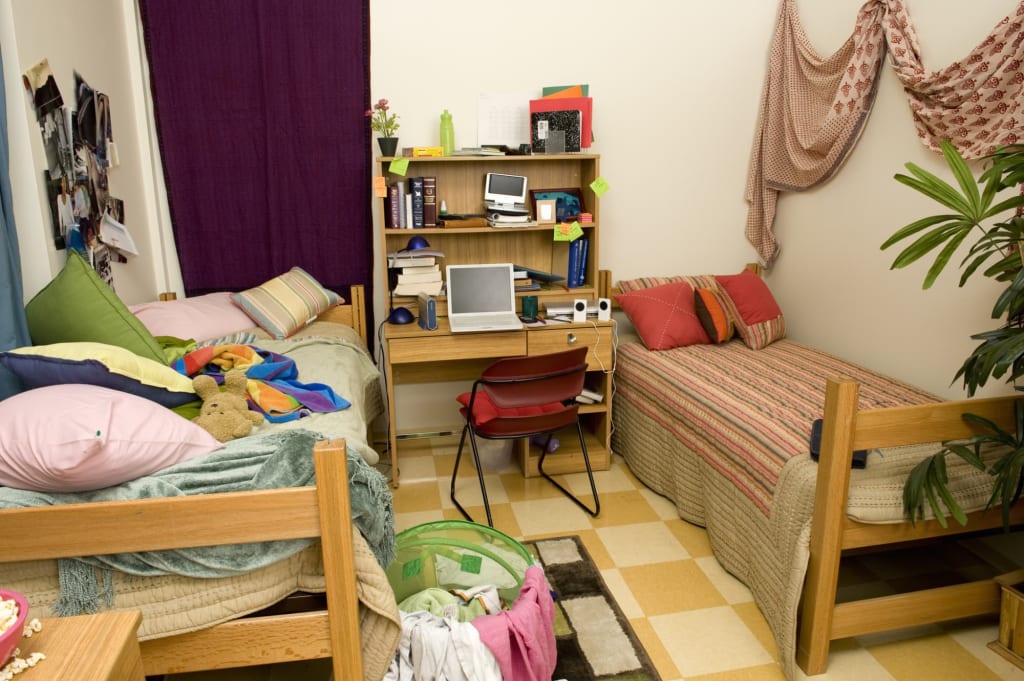Monkeypox is a rare but potentially serious viral infection that can be transmitted to humans through contact with infected animals or through person-to-person spread. Although cases of monkeypox are rare, it is important to take precautions to prevent infection, especially if you are living in a dormitory setting where close contact with others is common.
Here are some tips on how to stay safe from monkeypox while living in dorms:
1. Practice good hygiene: Good hygiene practices, such as washing your hands frequently with soap and water, can help prevent the spread of monkeypox. Make sure to also avoid touching your face with unwashed hands to reduce the risk of infection.
2. Avoid contact with wildlife: Monkeypox is primarily spread through contact with infected animals, such as rodents and primates. If you live in an area where monkeypox is present, avoid contact with wild animals and do not keep them as pets.
3. Avoid sharing personal items: Avoid sharing personal items, such as towels, bedding, and clothing, with others in the dormitory. This can help prevent the spread of monkeypox and other infectious diseases.
4. Stay informed: Stay informed about the latest developments and recommendations regarding monkeypox. Follow guidance from public health authorities and seek medical attention if you develop symptoms of monkeypox, such as fever, rash, and swollen lymph nodes.
5. Get vaccinated: While there is currently no specific vaccine for monkeypox, getting vaccinated against other diseases, such as smallpox, can help reduce your risk of infection and protect your overall health.
6. Practice social distancing: Given the potential for person-to-person spread of monkeypox, it is important to practice social distancing and avoid close contact with others, especially if they are sick or have symptoms of illness.
7. Seek medical attention if needed: If you develop symptoms of monkeypox, such as fever, rash, and swollen lymph nodes, seek medical attention promptly. Early diagnosis and treatment can help reduce the severity of the infection and prevent complications.
In conclusion, while monkeypox is rare, it is important to take precautions to prevent infection, especially if you are living in a dormitory setting where close contact with others is common. By practicing good hygiene, avoiding contact with wildlife, staying informed, and seeking medical attention if needed, you can help protect yourself and others from monkeypox. Stay safe and stay healthy!
